Sustainable growth: It’s all about where we live and how we live
By Jessica Tinkler MSc Climate Change: Impacts, Adaptation and Mitigation Graduate (Ethical Team Intern Associate)
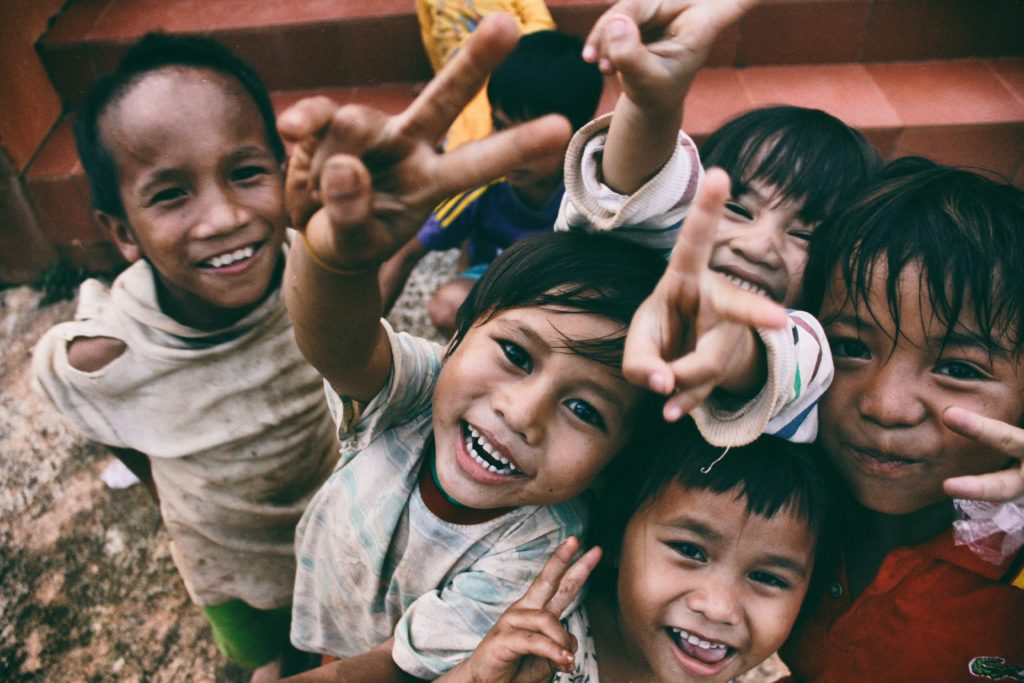
The appearance of COVID-19 is the culmination of decades of environmental misuse and unsustainable livelihoods. Far from escaping the challenges fought throughout the 20th century, civilisation faces new and exacerbated threats of climate change, pandemics, and population growth. This World Population Day, we need to turn to our population challenges which cannot be overlooked any longer.
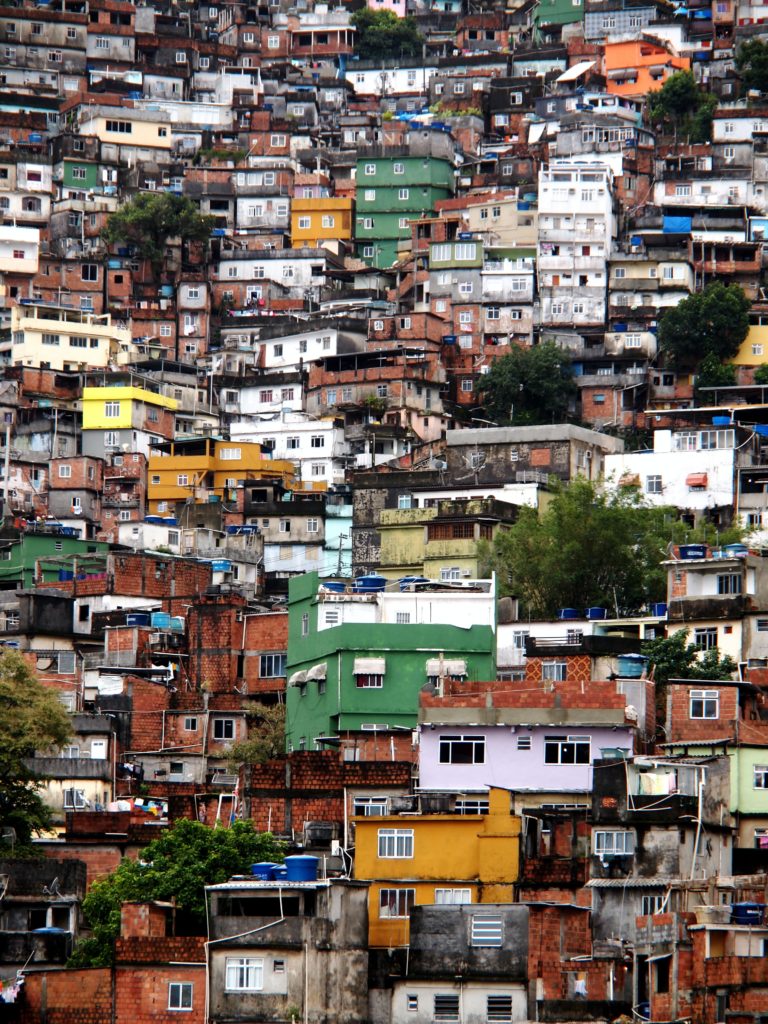
Sustainable growth: It’s all about where we live and how we live
Celebratory messages and images seep into the media mix and tales of success stories pour from nations like China which have spent decades improving living standards for their populations, although this success is now overshadowed. These media tales share a cherry-picked selection of the realities of poverty worldwide, which many academics anticipate to rise in the coming years following the shocks of coronavirus and climate change. Philip Aston, Australian academic, blames so-called “misplaced triumphalism”, wasting precious time over the past decade which could have built global resilience to cope with the COVID-19 pandemic. COVID-19 has been another set back to the eradication of poverty, forcing 250million people to starvation and dashing hopes of the 2030 end to extreme poverty.
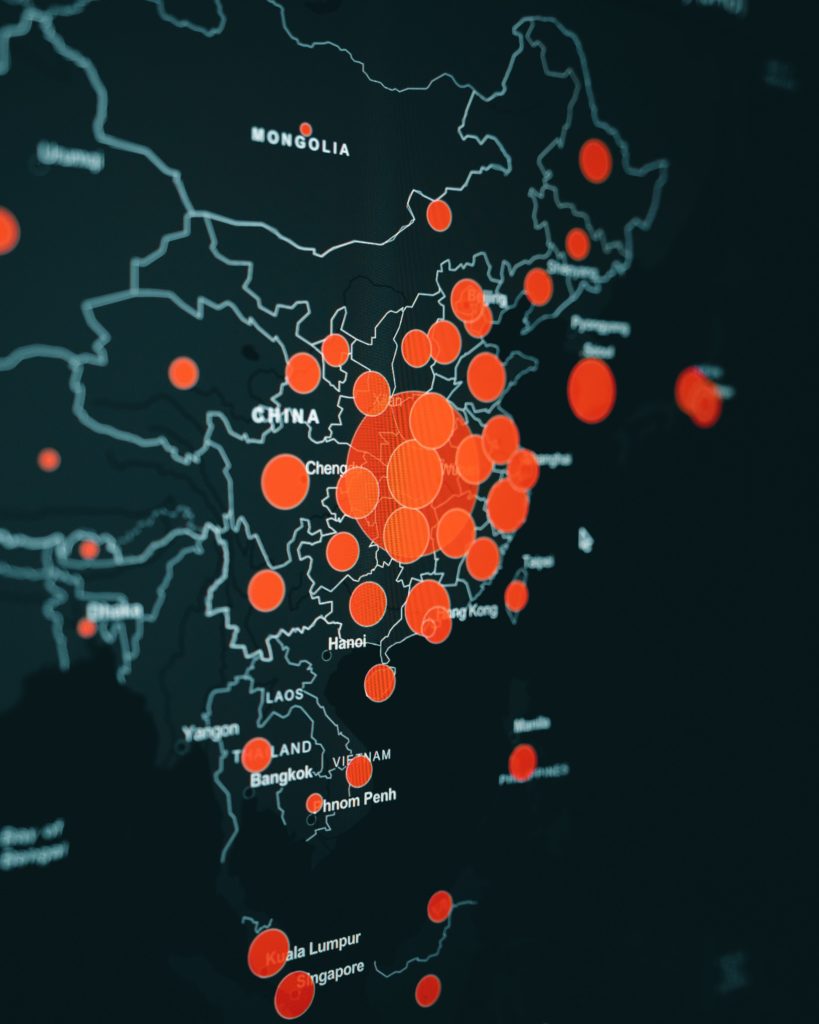
Discussing “population” cannot simply be an arbitrary conversation of demographic trends and changes but must scrutinise how people live today and the quality of life endured by many.
Where we live.
The disconnect between urban conglomerations and the environment on which they depend is becoming increasingly disparate. We anticipate 68% of the global population will live in urban areas by 2050. With this growth, which could be as many as 2.5 billion additional people, there will be an increased demand for energy, transportation, housing, water and food provisions. To avoid further catastrophic environmental degradation, urban policies must focus on sustainable urban growth, and crucially, build conjoint urban and rural agendas.
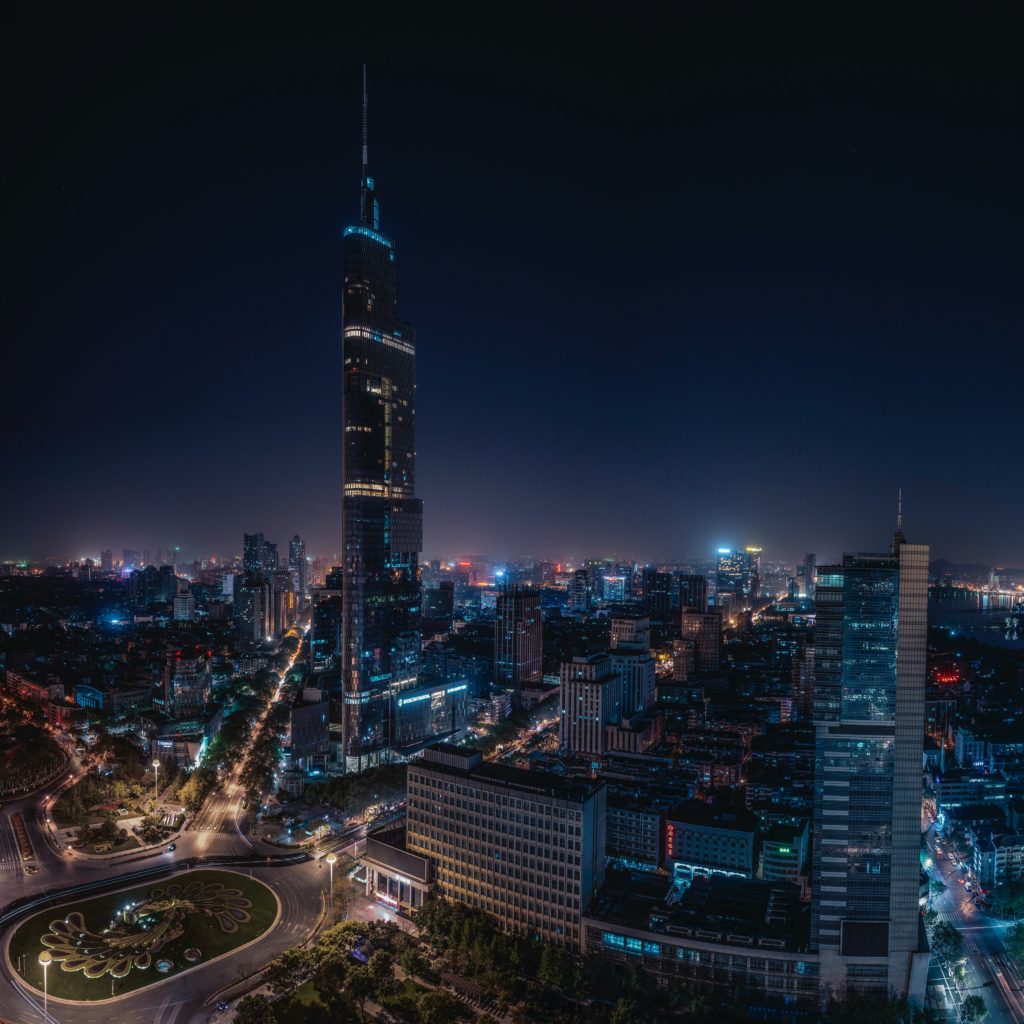
How we live.
With nearly 8 billion people now inhabiting an increasingly overcrowded Earth, we are quickly reaching the carrying capacity of our planet, exploiting the resources which we require to sustain us. Advances in technology, maximising yields, increasing efficiencies and extending planetary boundaries has enabled us to optimise the current carrying capacity. But, our destructive nature of deforestation and degradation, overfishing, climate change, biodiversity loss and pollution are depleting the planet’s natural resources at a quicker rate than ever before. Few countries in the world still retain an ecological surplus, capable of sustainable utilisation and unsurprisingly most western countries have an ecological deficit.
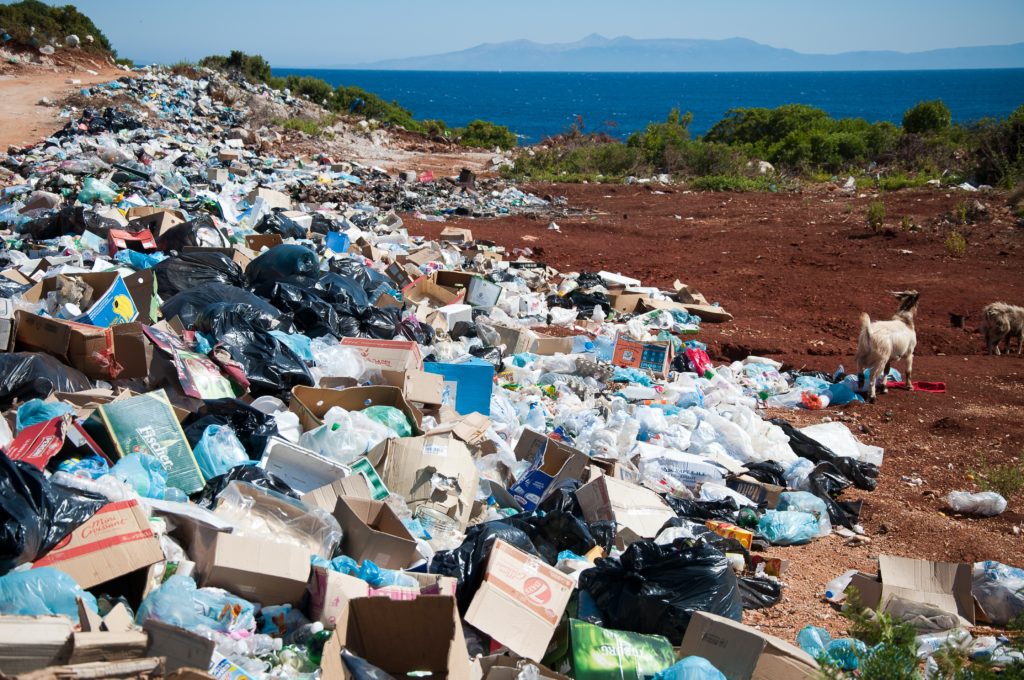
While the global population is growing exponentially, the real challenge is the relationship with the planet. It’s well known that reproduction rates decrease with economic development and therefore, population growth is reduced in developed nations. However, the environmental impact of each individual is far in excess of those in developing nations; a child born in America will have the same environmental impact as three children born in India. So perhaps, the real challenge is not the number of people on the planet but the means in which those people live.

So what can we do?
COVID-19 draws attention to the challenges of where and how we as a species are living with our planet and the rise in zoonotic diseases is just the symptom of decades of unsustainable growth, of wildlife exploitation, climate change and land degradation. We have a unique opportunity here to realign our development agendas to create a future living within our planetary boundaries.
Join Mailing List
